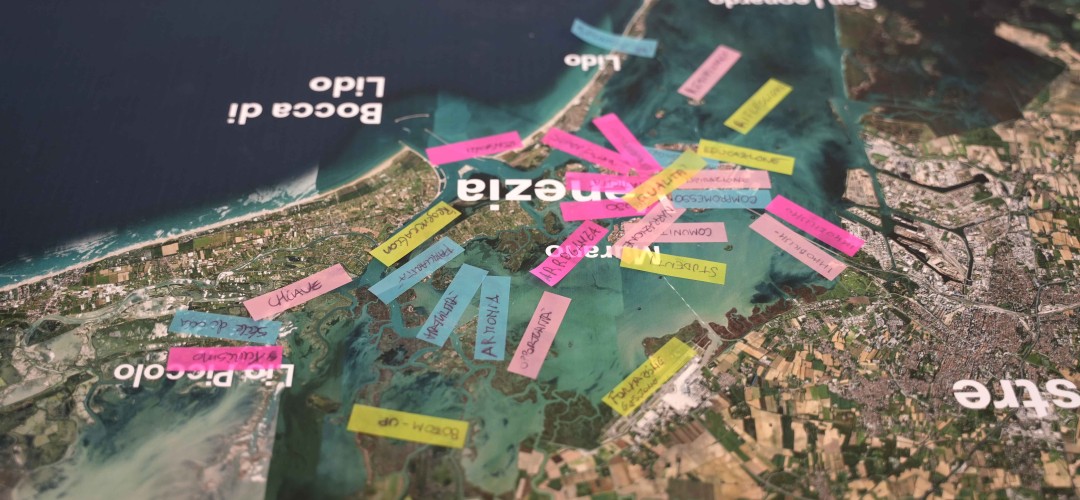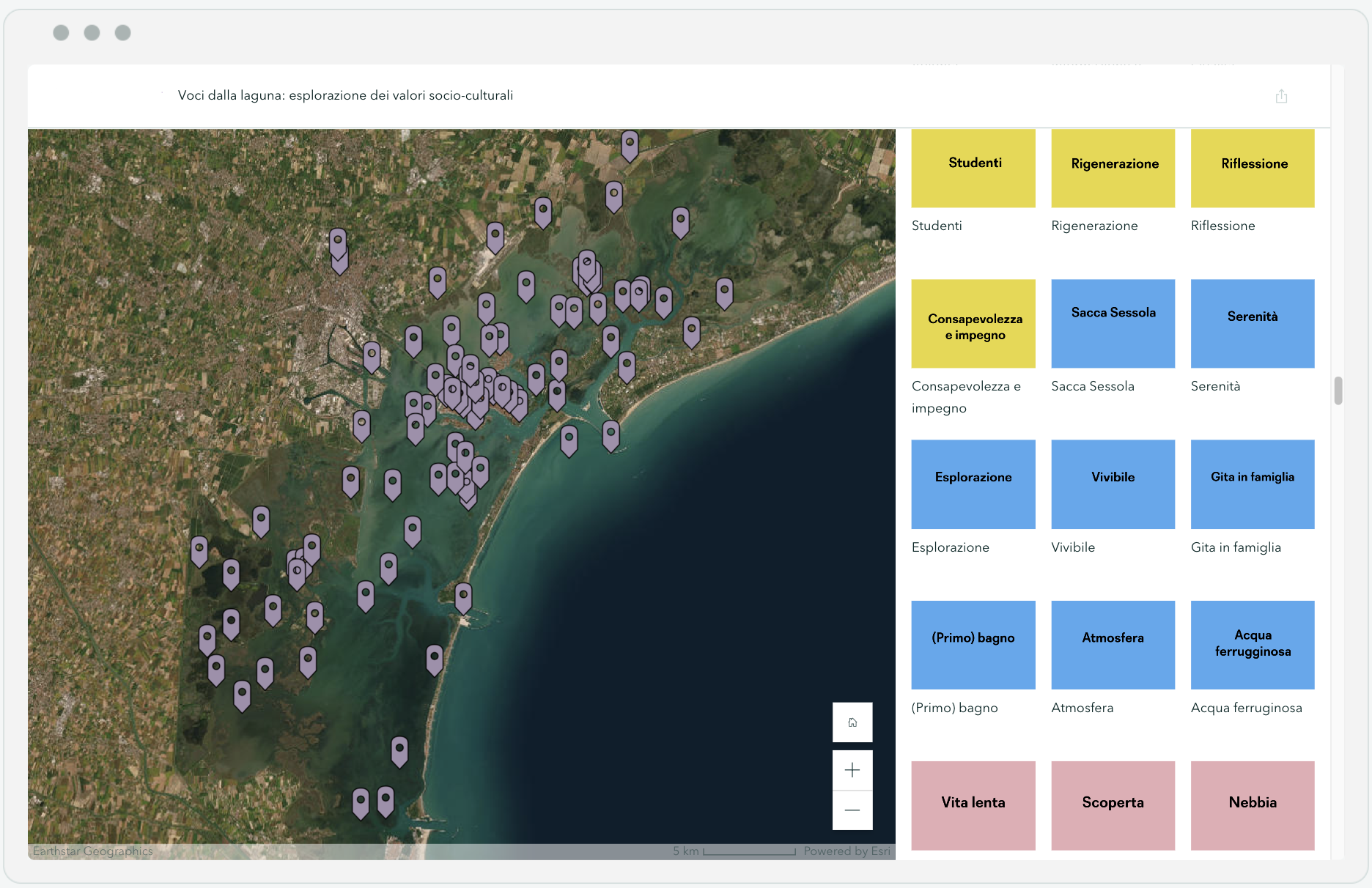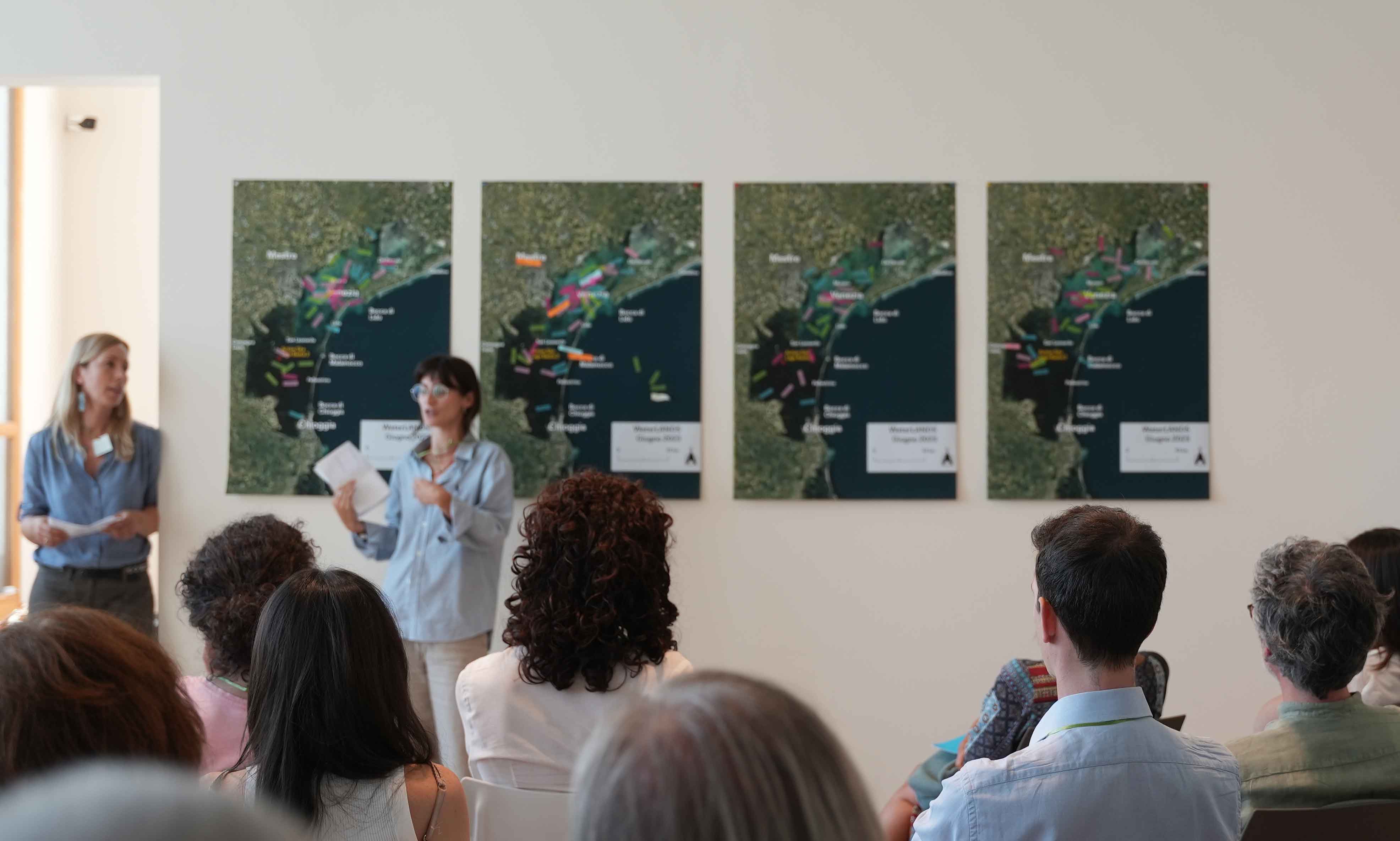Making socio-cultural values of the lagoon more visible
Making socio-cultural values of the lagoon more visible

Over millennia and around the world, people have developed myriad ways of relating to nature and its different types of value, with consequences for how and what decisions affecting the state of nature are made. The Vital initiative is seeking ways to account for this within strategies to promote successful restoration.
Decision-making needs to shift from narrowly focused extractive activities (e.g. intensive fishing and agriculture) or strict conservation (in the form of nature reserves) to a plural-values perspective that integrates socio-cultural connections to the lagoon, the highly productive wetlands in particular. Integrating a diversity of values into decisions geared towards lagoon restoration requires monitoring biophysical indicators (sediment type, fish diversity, etc.), economic and financial aspects through monetary measures (income growth and distribution) and socio-cultural descriptors to be able to better align actions in a way that incorporates human-nature or landscape relations.
WaterLANDS is a H2020 project and it aims at 'water-based solutions for people, the natural environment and carbon storage'
In synergy with Vital’s restoration efforts, WahV is project leader for the Venice Action Site of the EU WaterLANDS project and has been addressing the relationships of the local community and stakeholders with the lagoon and how these interact with the proposed restoration solutions, governance models and financial systems.
To efficiently integrate these plural aspects, while making less evident values more visible, WahV created the “Voci dalla laguna” interactive map, available as open-access StoryMap online here (only in Italian for now).

The map is the visual result of a participatory mapping during a deliberative workshop held in June 2023 during which a very diverse group (including the commercial director of LagunaB) shared their memories and hopes but also specific experience relating to activities, practices, events in the lagoon. This allowed the acquisition of the social, spatial and temporal distribution of values associated with lagoon resources from those based on transcendental beliefs to the instrumental values associated with natural resources, as well as relational and intrinsic values. The extent to which these values are realised was noted: at the individual level or are shared within communities.
Collectively discussing these socio-cultural values is known to improve community up-take of the restoration efforts which in turn motivates new actions -individual or collective - fundamental to more successful participation in environmental decision-making.
According to the European Commission Action Programme to 2030, valuation, as a process, generates information that can help clarify nature’s significance within environmental management strategies and future development plans. In delivering these decisions, the more common market-based values - as revenue streams and yields - need to be balanced with the relational, intrinsic and non-market instrumental values that are also part-and-parcel of the reasons nature matters to people.

Within the Venice lagoon context, the transformative changes needed to achieve ambitious biodiversity and development goals urgently require confronting the status quo and associated vested interests tightly tied to current institutions and the values they have been advocating for. Vital in parallel also backs up and embraces the potential of deliberative approaches to valuation as new democratic spaces, responding to its mission to better bridge the divide between advanced scientific research on the Venice salt marshes and the actual management practice.
◾